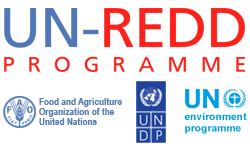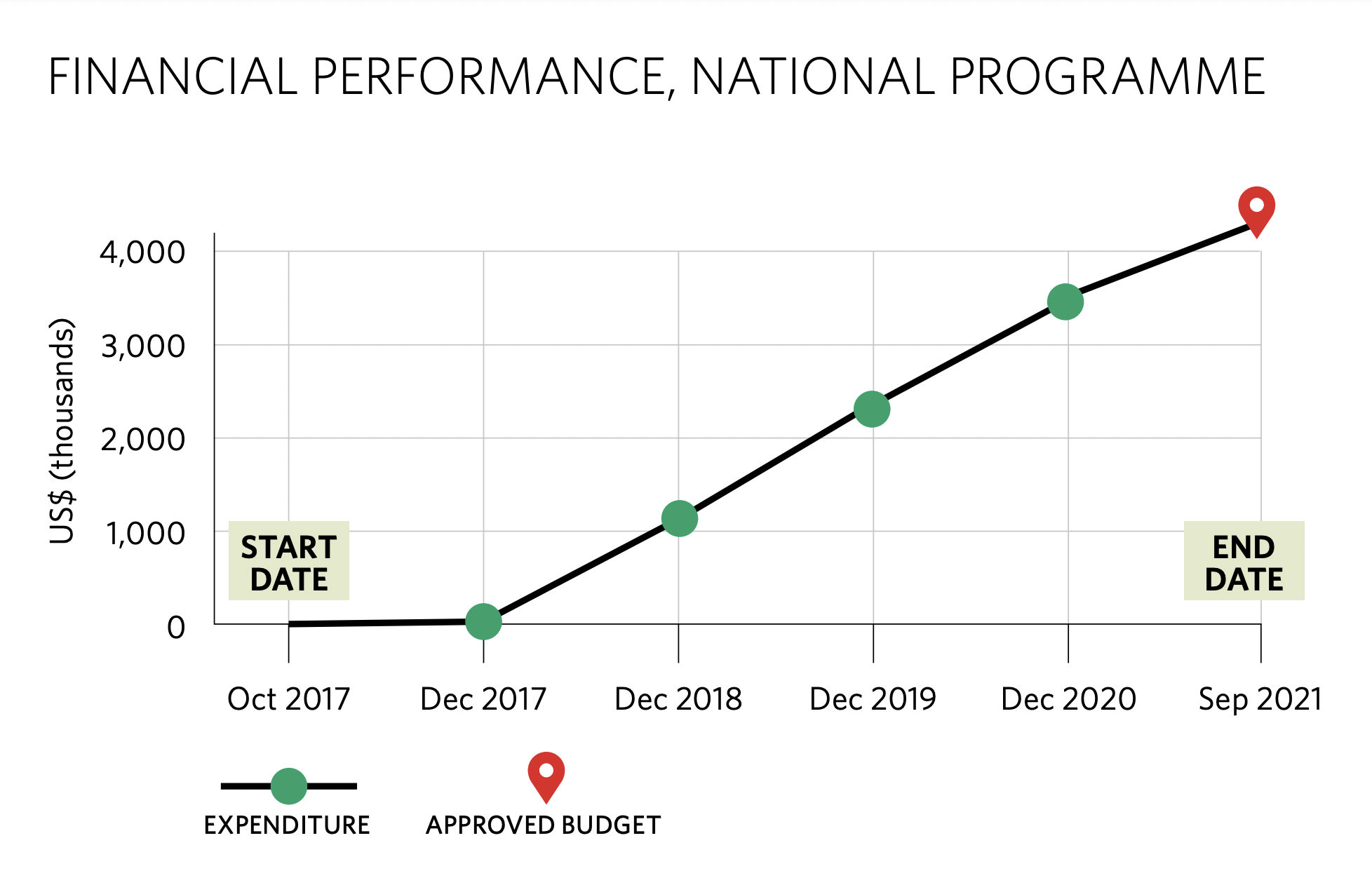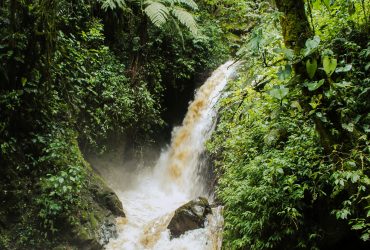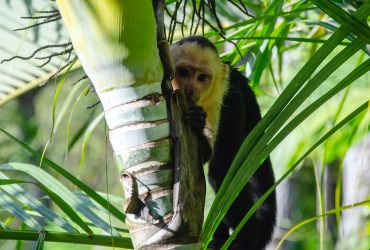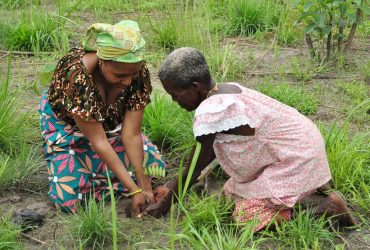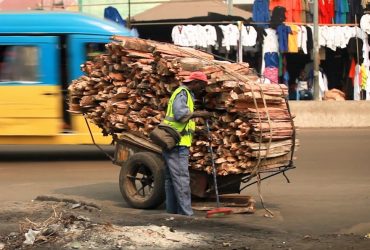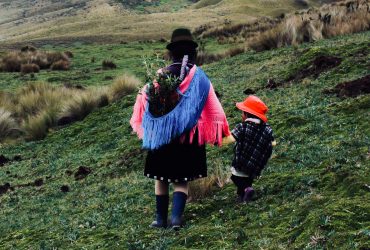PROGRESS AGAINST THE WARSAW FRAMEWORK
NS/AP: Chile has started the implementation of the National Strategy on Climate Change and Vegetation Resources (ENCCRV). The GCF RBP project, +Bosques, triggered the implementation phase, building on the lessons learned from pilot activities developed with the support of the UN-REDD Programme. The progress will be consolidated during 2022 with the start of the benefit-sharing system.
FREL/FRL: Progress was achieved in the expansion of the FREL/FRL to regions of Aysén, O’Higgins and Magallanes with the estimation of activity data, including development of density diagrams for certain forest types. Next reporting will be January, 2022, with plans to send updated FREL to the UNFCCC. Chile also advanced construction of its carbon map, allowing the country to estimate the carbon content and flow for specific analysis periods.
NFMS: Chile updated the estimation of uncertainty of land use change maps, NP TA adjusted the land use maps 2001- 2013, developed density diagrams for estimating degradation by forest type, increased consistency with the GHG Inventory data and developed a methodology for generating biennial maps of change in use.
SIS: Throughout 2021, Chile worked on developing a draft of contents for the second summary of information on safeguards for the period 2018-2021, to be finalized and submitted to the UNFCCC in 2022. Continuous improvements to the SIS were made and are available on ENCCRV platform, with updates continuously made to ensure the system is operational for activities during the implementation phase of the ENCCRV.
REDD+ IMPLEMENTATION
The UN-REDD National Programme (NP) moved to its closure phase. The final evaluation report concluded:
1. The NP was relevant and pertinent to the country’s priorities;
2. The NP has been effective in achieving its results and products;
3. The NP strengthened institutional capacities to meet REDD+ requirements to access RBPs; and,
4. The NP had a significant impact supporting Chile in moving toward the implementation phase through access to finance in the GCF pilot programme for REDD+ RBPs. The closing workshop was held virtually on January 19, 2022.
FOREST SOLUTIONS REWARDED
A gap analysis of the ART-TREES v2 MRV and safeguards requirements has been conducted. The document was delivered to CONAF and serves as a good basis for assessing Chile’s feasibility and potential to generate ERs under the ART-TREES standard version and identifying actions to solve gap requirements regarding SIS during the Technical Assistance (TA) 2022.
A legal analysis focusing on forest carbon ownership rights was conducted. The study met its main objectives, describing the status quo of Chile’s legislation and elements associated with its interpretation and existing arrangements related to carbon rights in light of relevant international schemes and standards. It also identified challenges and opportunities as the country seeks to identify legal solutions to clarify carbon rights and benefits.
CHALLENGES AND SOLUTIONS
As in 2020, the COVID-19 pandemic has continued to have an impact on the provision of in-country technical assistance. Nevertheless, the country remained engaged with NP activities and TA in 2021, and the program continued to use virtual means to deliver its support.
GENDER AND SOCIAL INCLUSION
Gender equality has been promoted during the activities carried out for the TA 2021. To illustrate, the BDS and the SIS integrate a gender approach. Nevertheless, the final evaluation report of the NP identified the need to better connect the SIS requirements with the guidance to implement ENCCRV’s measures as an area of improvement to further promote gender equality in the implementation phase. In addition, a gender evaluation was undertaken to measure and assess the gender approach used within the NP’s pilot projects. This analysis and feedback will serve as an important input for updating the ENCCRV (including in the TA 2022), implementing the ENCCRV through the project +Bosques (GCF-FAO) and updating the ENCCRV in 2022.
A step away from scaling up the implementation phase, CONAF has reinforced the capacities of government practitioners and project staff on topics related to activities with indigenous peoples, FPIC process and IP’s worldview through technical workshops with the participation of more than 50 professionals from the six regions where ENCCRV is being implemented.
PARTNERSHIPS
In 2021, Chile made progress towards the third phase of REDD+ through the initial implementation of the project +Bosques. Additionally, it is expected that during 2023, funds from the Forest Carbon Partnership Facility (FCPF) emissions reduction purchase agreement (ERPA) will be incorporated. As part of the FCPF, novel approaches for aboveground biomass (AGB) mapping are under development for the southern regions of the country with high cloud cover and an assessment of the impact of mega drought in emissions due to degradation will start in 2022.
The LULUCF sector is now included in the integration pillar of the updated NDC. The forestry sector stands out, where ambition regarding sectoral commitments has increased. Two new commitments are included, regarding REDD+ and the National Landscape Restoration Plan. Additionally, CONAF, together with the Ministry of the Environment, is working to include forestry projects in the new offset mechanism for paying taxes under the framework of Law 20,780.
LINKAGES TO SDGS
As a result of the implementation of the ENCCRV, progress is being made to contribute directly to SDGs 13 and 15 and indirectly to SDGs 5, 6, 8 and 12.
